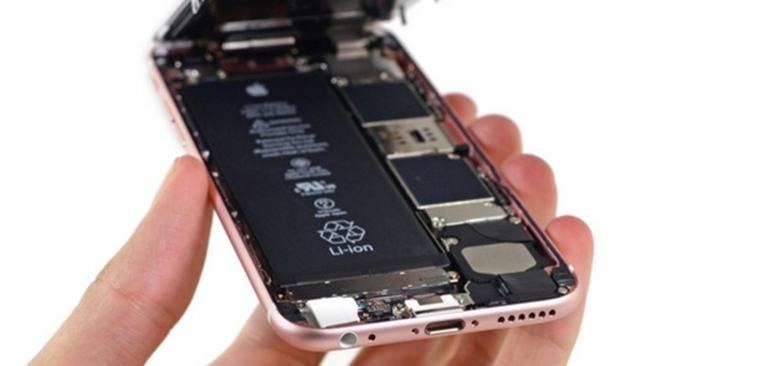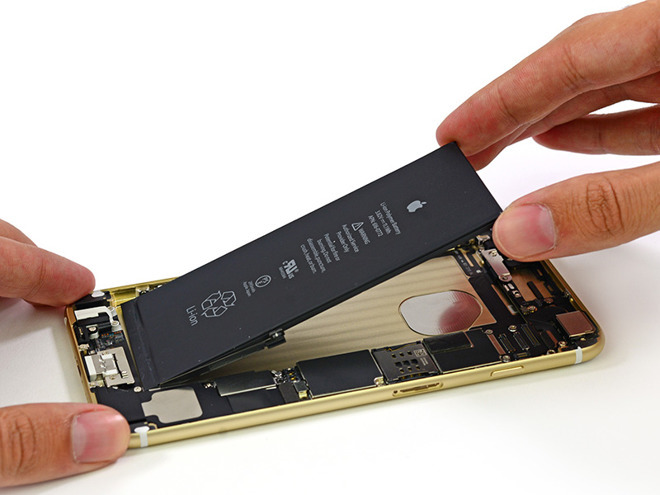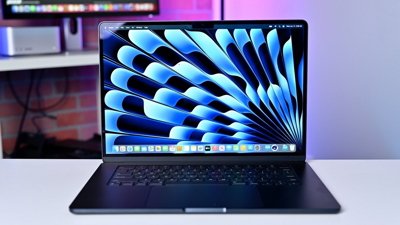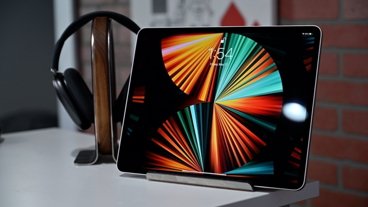Bad publicity for Apple is a potential opportunity for competitors to gain ground, as seen with the iPhone battery controversy compelling HTC and Motorola to issue statements, saying they do not throttle performance on phones with older batteries.
Both companies responded to requests from The Verge, who asked in light of Apple's admission that it temporarily throttles performance on older devices with aging batteries.
Slowing down the CPU on older phones is "not something we do," an HTC spokesperson reportedly said. And a Motorola representative indicated: "We do not throttle CPU performance based on older batteries.
The publication also sought comment from Google, Samsung, LG and Sony, but definitive answers were not provided.
Considering all smartphone makers deal with the same limitations of battery capacity and lifespan, along with processor demands, it would not be surprising if some other major smartphone makers employ the same tactics as Apple.
Conversely, it is unclear whether those who do not throttle devices with older batteries have devices more prone to the kinds of random device shutdowns that Apple says its approach helps prevent.
Apple has said its software fix addresses issues with aging batteries, which are prone to random shutdowns when subjected to spikes in power usage. In a statement, the company referred to the slowdown as a "feature" that will "smooth out instantaneous peaks only when needed."
While Apple argues that the throttling keeps devices operational for longer, the admission has helped fueled a popular conspiracy theory that Apple intentionally slows down older iPhones to encourage customers to buy a new device. Tests have shown that older devices outfitted with a new battery — Â which Apple provides for $89 — see their performance return to normal levels.
Fueled by those conspiracy theories, as well as users who are upset that Apple did not previously admit that it was throttling older devices, the company has been hit by a number of lawsuits.
This week, the company was even named in a criminal lawsuit in France, where planned obsolescence is illegal. It's unclear whether that complaint will actually make it to trial, however, as Apple's throttling as described is actually intended to keep devices working for longer periods of time, not shorter.
 Neil Hughes
Neil Hughes








-m.jpg)






 Amber Neely
Amber Neely
 Malcolm Owen
Malcolm Owen
 Christine McKee
Christine McKee

 Chip Loder
Chip Loder
 Marko Zivkovic
Marko Zivkovic
 Wesley Hilliard
Wesley Hilliard









52 Comments
I asked this question in a previous article, but you would have to click the more comments to see it. Can people with the slowdown issue test this?.....What is the phone response like with the phone plugged in? It is still sluggish? I think that would be a problem for Apple if it is still sluggish as the battery limitation is bypassed.
Their phones is already crippled with low performance from the start and they barely support their phones. They do have the gall to talk.
vt the time Apple phones slow down, their phones are likely dead or unusable
Hey HTC and Motorola, guess what? Your phones are still shit.
They can't slow down based on battery age, because they have no idea how old the battery is. And why would they slow down an already slow processor? Just let the phone spontaneously crash, until the owner is informed (if ever) that a new battery (or a new phone!) will fix it.
So the question is: Do the phones just randomly crash, or do other phones not have issues with high processor performance with older batteries?